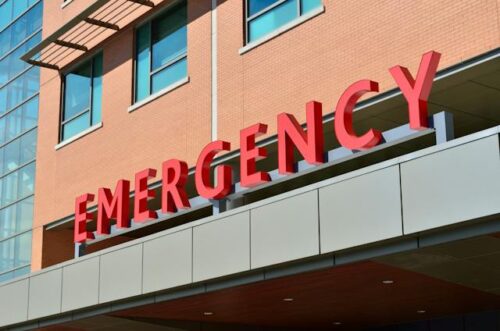
Many different individuals might be responsible for another’s slip and fall in a hospital. Any nurse, janitor, or doctor might make a mistake resulting in another’s injury, from a doctor prescribing the wrong dosage of medication to a janitor forgetting to place a “Slippery When Wet” sign. This article will give you a brief overview of the causes of slip and falls, as well as explain what you would need to keep in mind when you start looking for compensation. If you were injured after being in a hospital, whether as a patient or a visitor, don’t hesitate to talk with a York County premises liability attorney who will fight hard for your rights.
Why Do Slip and Falls Happen?
Although we go to a hospital for medical care, getting hurt at a hospital is always possible too. We may even get hurt from tripping on cracked pavement just outside the main building of the hospital itself. The same hazards that might present themselves in a Pennsylvania home or a store can also appear at a Pennsylvania hospital: slippery floors, broken floors, bad lighting, and cluttered walkways, among others.
Most hospitals will go to great lengths to prevent these injuries, both because of their mission to help people heal as well as from an acknowledgment that populations in a hospital are at a higher risk of falling than most. Hospitals try to prevent injuries in part by developing care plans for high fall-risk patients, which can include coating surfaces with grit to make these surfaces non-slip, replacing carpets that are bunched up, and making sure nursing stations don’t have sharp or square corners.
How Do I Know If I Have a Slip and Fall Case Against the Hospital?
If despite these precautions you still get injured in a hospital, you may want to consult with a lawyer. One of the first things your lawyer will consider is whether your injury meets the criteria for a negligence or a medical malpractice claim.
This will involve asking:
- Did the hospital know about the risk of injury?
- If they didn’t, should they have known?
- Were there reasonable steps the hospital could have taken to prevent your injury?
Your lawyer will, of course, need evidence to that effect, if they determine you have a case. Medical records, particularly from an examination following the fall, would be helpful. So would photos of the injury and of where the injury happened. Testimony from another doctor explaining where your original doctor went wrong may also make for persuasive evidence.
A final consideration is whether you can get proof that the losses are what you say they are. This is less difficult in the case of financial losses, such as a medical bill. Pain and suffering losses, however, are harder to prove within a dollar amount.

